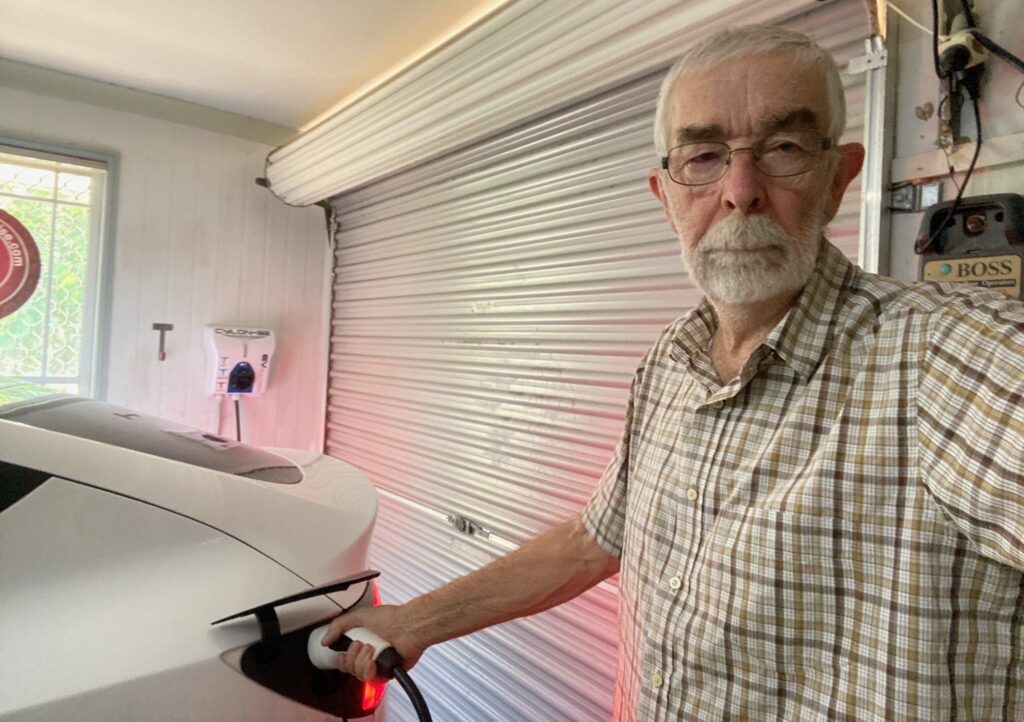Bureaucratic Bungles Delay Electric Revolution
The Prospects for Renewable Energy
As the world struggles to transition to a low-carbon future, the potential for renewable energy has never been more promising. Solar and wind power have become increasingly affordable, and governments have set ambitious targets to reduce greenhouse gas emissions. However, bureaucratic inefficiencies are stalling progress, leaving many projects mired in red tape.
Delays and Disappointment
The importance of timely project implementation cannot be overstated. Delays can lead to lost momentum, increased costs, and a perpetual shortage of clean energy. Despite the urgency, paperwork and administrative hurdles continue to plague many projects. In the United States, solar and wind farms have been stuck in the pipeline, pending approvals and permits from local authorities.
Contrasting Approaches to Red Tape
In some countries, governments have taken a more proactive approach to unshackling the energies of bureaucracy. In Germany, for instance, a streamlined permitting process has enabled the rapid deployment of new wind farms. In contrast, the United States, with its byzantine system of state and federal regulations, has seen projects bogged down in a maze of bureaucratic complexity.
New Technologies, New Challenges
As the sector continues to evolve, new technologies are emerging, posing fresh challenges for an already overburdened system. The rapid growth of battery storage, for example, has introduced new variables into the grid management equation. With the pace of innovation accelerating, regulators must strive to keep pace, lest they become the bottleneck in the energy transition.
The Human Cost of Delay
The consequences of bureaucratic bungles are felt not just by the environment but also by communities and workers. In regions where coal and fossil fuels still dominate, the effects of delayed transitions are grim. Air and water pollution, health impacts, and economic stagnation are all symptoms of a system struggling to adapt. As the clock ticks away, the human cost of delay grows.
A Call to Action
It is imperative that policymakers and regulators take a more holistic approach to streamlining the permitting process. The rewards of a swift and efficient transition far outweigh the costs of ongoing bureaucratic gridlock. As the world looks to 2050 and a net-zero future, the need for decisive action has never been more pressing.
Conclusion
As the electric revolution stalls, the world’s attention turns to the authorities. Will they rise to the challenge, or will the promise of a cleaner, greener future remain an elusive dream? The clock is ticking.
FAQs
* What is the impact of bureaucratic delay on the environment?
+ Delayed transitions lead to continued reliance on fossil fuels, exacerbating climate change and environmental degradation.
* Can technology overcome the challenges posed by bureaucratic inefficiencies?
+ While technology can streamline processes, it cannot replace a well-designed regulatory framework. Coordinated efforts must come from both the public and private sectors.
* What are the benefits of a swift and efficient energy transition?
+ A faster transition reduces emissions, preserves resources, and creates economic opportunities.
* How can policymakers simplify the permitting process?
+ Streamlined permitting, transparent decision-making, and collaboration between stakeholders are crucial to unlocking the full potential of renewable energy.



_2.png?w=150&resize=150,150&ssl=1)
.png?w=150&resize=150,150&ssl=1)


